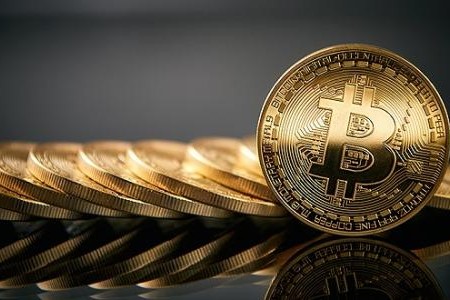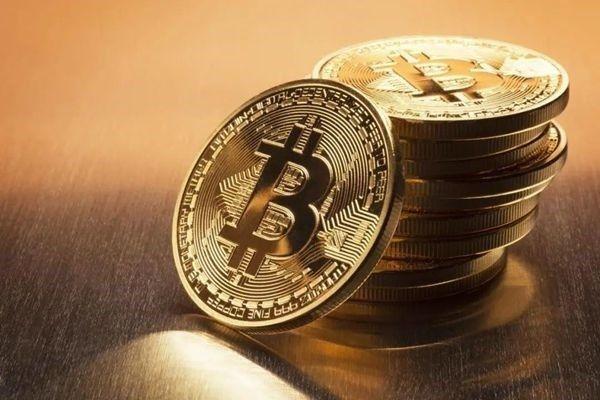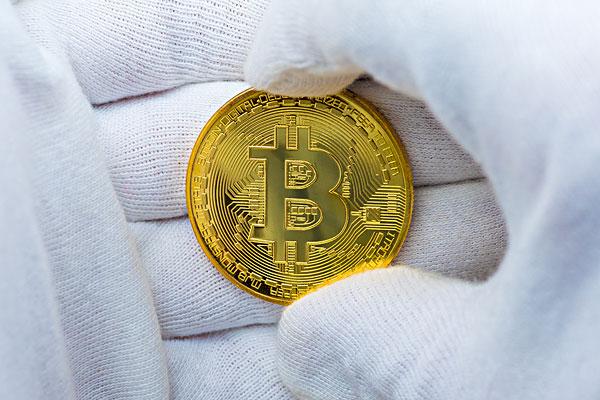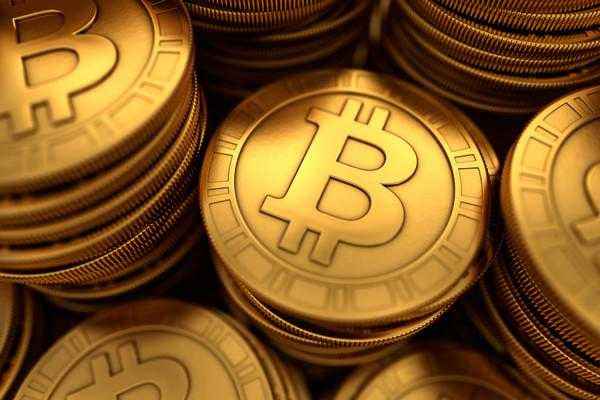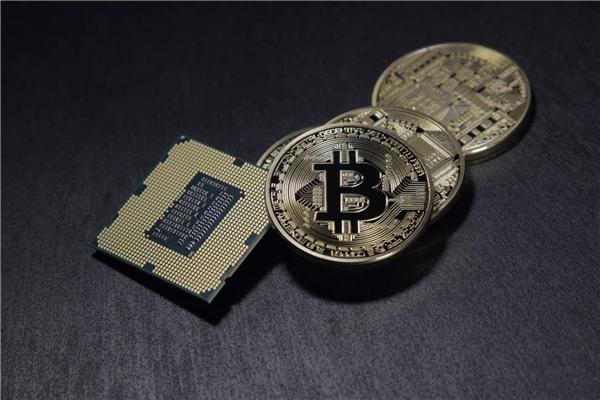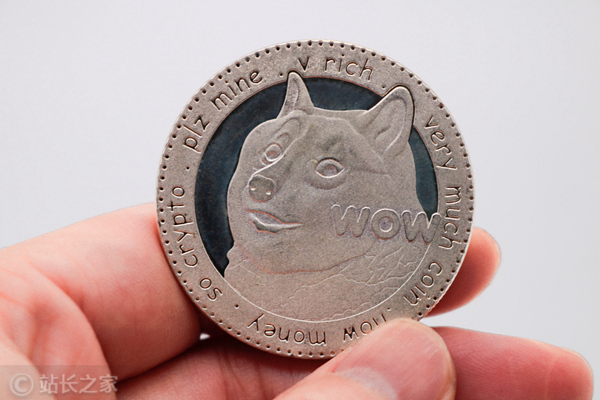作者 刘正耀律师
1、什么是万事达U卡?
目前市场上的“U卡”一般指的是万事达卡U卡。
当然VISA也有自己的U卡。
两者的模型大体相似。
我们以万事达卡的U卡为例进行分析。
万事达U卡实际上是银联卡。
据网上信息显示,这是一家中资银行(Paytend)在立陶宛推出的万事达银行卡。
虽然具有传统银行卡的功能,但该类卡的亮点在于可以通过USDT充值。
然后持卡人可以进行日常购物。
中国大陆用户也可以正常绑定支付宝等第三方支付平台。
(银联官网截图)万事达U卡实行宽松的KYC政策。
中国大陆公民也可以凭本人身份证、护照等证件申请。
通过身份验证、人脸认证等流程后,银行将根据申请人的材料处理申请。
实体卡邮寄到中国。
对于普通用户来说,主要缺点是手续费太高,保守估计在4%-5%,有时甚至高达7%。
(The physical MasterCard U card received by netizens, source: "Kerry's Study Notes", infringement and deletion)2. The "working principle" of U-cards How international U-cards, including MasterCard U-cards, work, is a topic that many friends must be interested in. Especially if mainland Chinese residents successfully apply for such a U-card, they can directly recharge USDT into the card, and then they can go to stores to purchase goods. How does this whole process come about? At present, Lawyer Liu has not checked the authoritative explanation or the official explanation of the U-card issuer. According to my own understanding, the U-card requires at least the following processes to realize offline physical consumption: (1) Holding the U-card; (2) Own USDT and transfer it to the wallet address in the U card (usually through a mobile APP, such as a bank APP that transfers USDT to the U card through Binance, Little Fox Wallet, etc.); (3) Holding a U card Go offline to swipe your card to make purchases and withdraw cash. At this time, the U-card issuer (such as Paytend) converts USDT into the corresponding legal currency (RMB, US dollars, euros, etc.) according to the market exchange rate; (4) The U-card issuer and the bank that accepts offline business (cash withdrawal or consumption store The docking bank) conducts inter-bank international clearing and settlement. That is to say, after a domestic cardholder recharges USDT into a U-card, and takes the U-card to a store to buy a mobile phone, the store will receive RMB, which does not involve the exchange between virtual currency and legal currency. This exchange process has been completed overseas by the U-card issuer. 3. Are there any legal risks for U-card related parties? After knowing how the U card works, some friends may ask, since using the U card does not involve the exchange between virtual currency and legal currency in mainland China, is there no legal risk? Because what is explicitly prohibited in the "9.24 Notice" ("Notice on Further Preventing and Dealing with Speculation Risks in Virtual Currency Transactions") is "carrying out legal currency and virtual currency exchange business" and other businesses, when this business that violates mainland China's regulatory regulations is banned overseas After the launch of the bank, will it still be illegal for mainland Chinese citizens to use this kind of service? This problem can be analyzed from the following dimensions: (1) U-card issuer The role of the U-card issuer is somewhat similar to a virtual currency exchange, which provides users with the service of exchanging USDT for legal currency. Of course, actual virtual currency exchanges have many more functions. U-card services similar to those provided by Paytend Bank are only part of the business content of the exchange, but even so, according to the regulatory provisions of mainland China, such services of Paytend Bank are illegal financial activities in mainland my country, but they are similar to currency exchanges. Anheouyi, although our country prohibits them from providing services to domestic residents, and various virtual currency exchanges have also adopted technical means (such as blocking mainland IP) to meet China's regulatory measures, there are still domestic residents who use "scientific Internet access", etc. Ways to use the services of Binance, Ouyi, including U Card. Another factor is the issue of jurisdiction. Even if overseas virtual currency exchanges violate China's regulatory policies and provide services to mainland China, it is actually difficult for my country's regulators to carry out overseas law enforcement, including cross-border law enforcement against the issuing banks of international U-cards. . U-Card also has its own uniqueness: first of all, the business of converting virtual currency into legal currency engaged in by International U-Card does not comply with the regulatory policies of mainland China; secondly, our country currently does not clearly stipulate that mainland residents are not allowed to use it. International U-card; finally, international U-card requires international inter-bank settlement, which means that Chinese banks need to cooperate with the issuing bank of U-card to complete the implementation of a complete business. Once Chinese regulators decide to ban the use of U-cards in China, a simple and crude, but "effective" way is to prohibit banks in mainland China and U-card issuers (such as Paytend Bank) from conducting international clearing and settlement. (2) Domestic users In principle, there is no legal risk for domestic U-card users as long as they do not use the U-card to commit any illegal crime. It can be understood that there are basically no legal risks for so many mainland users of Binance and Europe and Italy (if they have not committed any crime using virtual currencies). Lawyer Liu noticed that some fellow lawyers analyzed that personal use of U-cards may constitute an illegal business crime due to illegal currency exchange, but even if such a case exists, it may only constitute a crime under special circumstances. Normal U-card holders, after exchanging their RMB into USDT, then withdraw the funds in the U-card in foreign currencies (such as US dollars and euros). Under normal circumstances (for example, the exchange funds are less than 5 million yuan), In practice, it is difficult to say that it constitutes an illegal business crime of illegal currency exchange. (As for whether it is a violation of administrative regulations, Lawyer Liu holds a conservative opinion, but this opinion does not constitute a recommendation for readers to purchase and use U Card); as for using U Card to exchange large amounts of foreign currency (more than 5 million yuan) , there is indeed a very large criminal legal risk, especially if the U card holder cannot prove the source and purpose of the funds, or even involves stolen money, it is easy for the public security agency to file a criminal case. (3) Domestic promotion and technical support: The “9.24” notice clearly prohibits Chinese residents from providing marketing promotion, payment settlement, technical support and other services to virtual currency exchanges. For the same reason, we have already analyzed the international U-card The exchange business of legal currency and virtual currency clearly violates my country's current regulatory policy on virtual currency and is an illegal financial activity. It is of great help to mainland residents who provide promotion and technical support for international U-card exhibition activities in mainland China. legal risks. 4. Written at the end: From a pessimistic perspective, with the increase in the number of U-card users in the mainland, we cannot rule out the possibility that it will be strongly concerned by judicial authorities, which will eventually lead to the ban of U-cards in the mainland; from an optimistic perspective, in the future For a period of time, the judicial supervision of U-cards will be maintained as it is, especially since existing cardholders can do things in a low-key manner with the attitude of "making a fortune in silence".But regardless of optimism or pessimism, under the current regulatory policies, once someone commits a crime based on the convenience of a U-card, especially a major crime that arouses public opinion, the living space of the U-card in mainland China will undoubtedly be sharply compressed. Let’s wait and see what the future of U-cards will be in China!
热点:加密货币 加密 货币


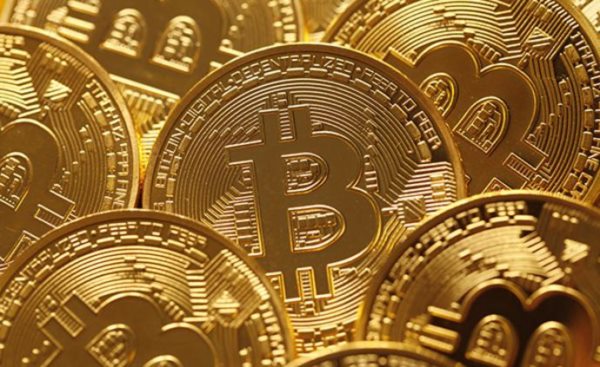

![[加密混乱]支持加密货币游说团体称 18 名美国参议员支持加密货币](/img/btc/46.jpeg)

